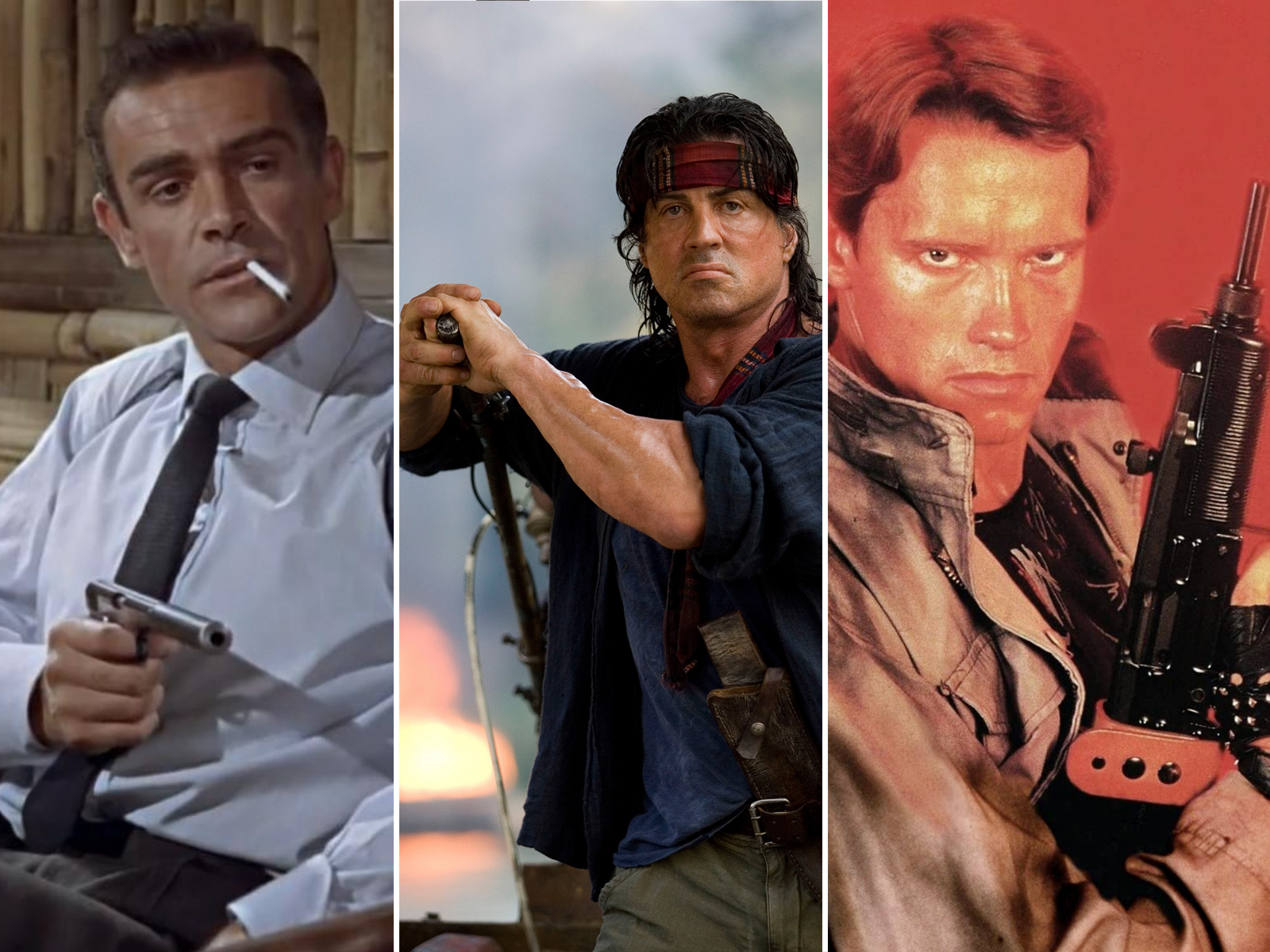
- Industry
Hollywood & Gun Violence
How many days in 2022 since there was a mass shooting in the US? Zero. Most are not even reported. And while liberal Hollywood stages verbal protests and takes to social media to voice their anger, the gun lobby turns the tables and blames, well, Hollywood. Cue the usual outcry.
Because the case can easily be made that Hollywood is not responsible for America’s gun culture by simply comparing it to the rest of the world.
On June 12, a few weeks after the massacres in Uvalde and Buffalo that left altogether 31 shoppers, teachers, and school children dead, Judd Apatow, Amy Schumer, Eli Roth, Julianne Moore, Grant Heslov, Mark Ruffalo and 200 others penned an open letter they called #ShowYourSafety pledge, saying the time has come to take gun violence in movies and television more seriously.
“Like most Americans, we are enraged by the recent mass shootings in Buffalo and Uvalde. Considering there have been over 250 other mass shootings so far this year” – a number that keeps climbing daily – “it’s an almost incomprehensible tragedy. Something needs to be done. Guns are prominently featured in TV and movies in every corner of the globe, but only America has a gun violence epidemic. The responsibility lies with lax gun laws supported by those politicians more afraid of losing power than saving lives.”
The letter does go on to suggest that filmmakers may want to exercise more discretion in their depiction of violence. But let’s get to the heart of the problem. Sure, America has been in love with its gun-wielding heroes all the way back to the frontier, the American Revolution and the good old wild west. But Wyatt Earp, Wild Bill Hickock, Jesse James, Billy the Kid and so many others are not just revered by American audiences. They are beloved the world over. So are Martin Scorsese’s gangsters and James Bond. Not to mention Rambo, The Terminator or any of the other celebrated cinematic killing machines.
Add to that cartoon violence found in PG-13 rated movies, which has been the most popular rating since it was introduced in 1985. Way back in 1994, Quentin Tarantino, the man often accused of making a mockery of graphic violence, dismissed the notion that there is a direct correlation between the screen and the real world. “To me, in 20 years’ time it’ll be viewed like these old panic books where people are going against rock ’n’ roll or comics,” he said.
In 2013, following the Sandy Hook massacre, Jim Carrey made headlines by refusing to participate in promotional efforts for his own new film, Kick Ass 2, and apologizing on Twitter.
“I did Kickass a month b4 Sandy Hook and now in all good conscience I cannot support that level of violence,” he wrote.
But as Michael Douglas told the HFPA many years ago, long before school shootings in the US and other atrocities became a daily occurrence. “The same movies that are shown in the US are also shown in Europe and Asia and the rest of the world. Interestingly, you don’t have that kind of violence in any of these places.” It’s the gun control laws, stupid.
Viewers may get just as “inspired” by action film scenes sitting in a cinema in Sydney or Bangkok or Copenhagen, they may get just as worked up and may have the same or similar mental health issues, the difference is they cannot get access to firearms. Nowhere near as easily as in the US of A.
The Hollywood community’s #ShowYourSafety letter from May 12 does go on to say:
“We didn’t cause the problem, but we want to help fix it […] We are under no illusions that these actions are a substitute for common sense gun legislation.”
And that is what is missing in this debate – as in so many other debates taking place in the US – common sense: isn’t it logical that a steady diet of watching violent TV and film and actively playing videogames where the participant kills hundreds of people with a click on the remote, may not be conducive to the mental health of a developing brain? It may be easy here to put the blame and responsibility on the parents. But at the end of the day, a young boy conditioned by Fortnight and Rambo still cannot kill a class full of children and teachers if the laws make it impossible for him or his guardians to buy a weapon.

